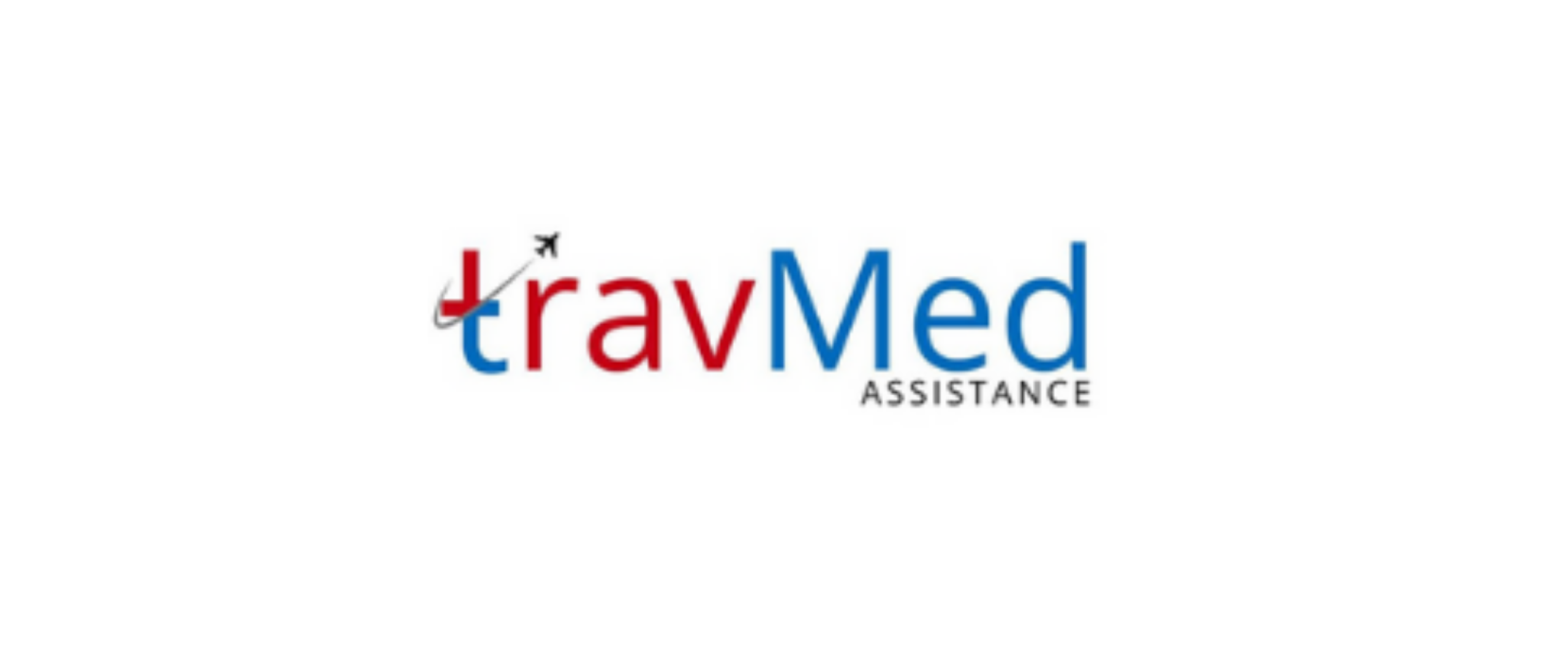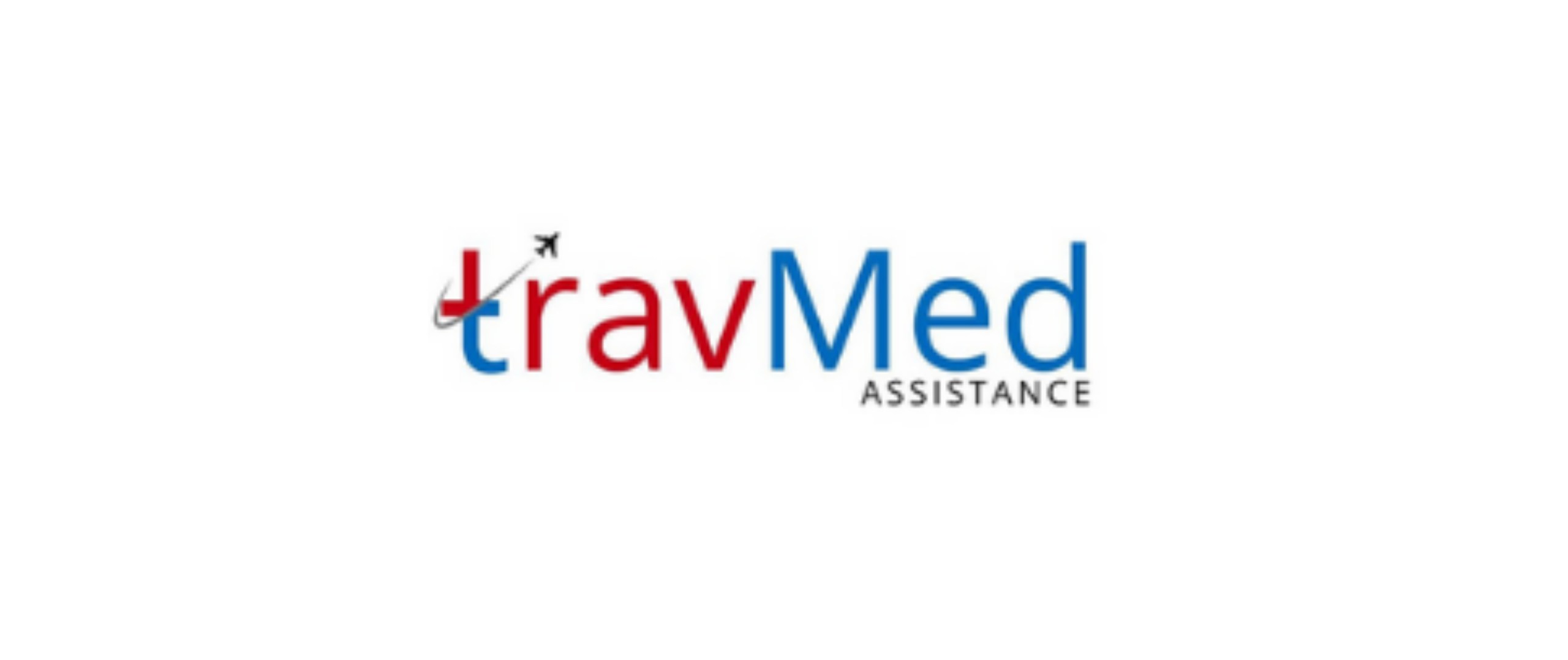
What is translation assistance in Nepal?
Translation assistance in Nepal refers to the professional services provided to foreign visitors and residents who need help overcoming language barriers. These services involve converting written or spoken content from one language to another, typically between Nepali and various foreign languages. Translation assistance encompasses a wide range of activities, including document translation, interpretation during meetings or events, and accompanying foreigners to help with daily communication. In Nepal, translation assistance is particularly valuable for tourists, business travelers, researchers, and expatriates who need to interact with local authorities, conduct business, or navigate legal processes. The service ensures accurate communication and helps foreigners understand and comply with local regulations and customs.
Who provides translators for foreigners?
In Nepal, translators for foreigners are provided by various entities and individuals. These include:
- Professional translation agencies
- Freelance translators and interpreters
- Language schools and institutes
- Tourism companies and travel agencies
- Government offices (for official documents)
- Universities and educational institutions
- Non-governmental organizations (NGOs)
- Law firms (for legal translations)
- Hospitals and medical facilities (for medical translations)
- Embassies and consulates (for their nationals)
Many of these providers offer specialized services tailored to specific industries or fields, such as legal, medical, or technical translations. Some translators are certified by professional organizations or government bodies, ensuring a high standard of service. Foreigners can choose from a range of options based on their specific needs, budget, and the complexity of the translation required.
How does the translation process work?
The translation process in Nepal typically follows these steps:
- Initial contact: The client reaches out to a translation service provider.
- Requirement assessment: The provider evaluates the client’s needs, including language pair, subject matter, and urgency.
- Quotation: A price estimate and timeline are provided based on the assessment.
- Agreement: The client and provider agree on terms, including price, deadline, and confidentiality.
- Assignment: The provider assigns a suitable translator or team for the project.
- Translation: The translator(s) work on converting the content from the source to the target language.
- Editing and proofreading: The translated content undergoes review for accuracy and quality.
- Client review: The client may review the translation and request revisions if needed.
- Final delivery: The completed translation is delivered to the client.
- Follow-up: The provider may seek feedback or offer additional services.
For spoken interpretation, the process may involve pre-event briefings, on-site interpretation, and post-event debriefings. The specific steps can vary depending on the nature of the translation project and the service provider’s procedures.
What documents are required for translation?
The documents required for translation in Nepal vary depending on the purpose and type of translation. Common documents that foreigners often need translated include:
- Passports and visas
- Birth certificates
- Marriage certificates
- Educational diplomas and transcripts
- Medical records and prescriptions
- Legal documents (contracts, agreements, power of attorney)
- Business licenses and registration papers
- Driver’s licenses
- Bank statements and financial records
- Immigration forms
- Employment contracts and resumes
- Property documents
- Police clearance certificates
- Travel itineraries and bookings
For official translations, original documents or certified copies are typically required. Some documents may need to be notarized or apostilled before translation. It’s advisable to consult with the translation service provider or relevant authorities to determine the specific requirements for each document type. Providing clear, legible copies of the original documents ensures accurate translation and helps expedite the process.
How much does translation assistance cost?
The cost of translation assistance in Nepal varies widely depending on several factors:
- Language pair (some languages are more expensive than others)
- Type of document (technical or specialized content costs more)
- Urgency of the translation (rush jobs incur higher fees)
- Volume of work (larger projects may have discounted rates)
- Complexity of the subject matter
- Required certification or notarization
- Experience and qualifications of the translator
Typical pricing models include:
- Per word: Ranges from NPR 2 to NPR 10 per word
- Per page: Approximately NPR 500 to NPR 2000 per page
- Hourly rates: NPR 1000 to NPR 3000 per hour for interpretation services
Minimum charges may apply for small projects. Additional fees may be charged for formatting, desktop publishing, or specialized services. It’s recommended to obtain quotes from multiple providers to compare prices and services. Some agencies offer package deals for comprehensive translation assistance, which can be more cost-effective for foreigners requiring ongoing support during their stay in Nepal.
Are services available for all languages?
Translation services in Nepal are available for a wide range of languages, but the availability can vary depending on the language pair and the type of service required. Common languages for which translation services are readily available include:
- English
- Hindi
- Chinese (Mandarin)
- Japanese
- Korean
- French
- German
- Spanish
- Italian
- Russian
- Arabic
For less common languages, services may be more limited or require additional time to arrange. Some translation agencies in Nepal have networks of international translators, allowing them to accommodate a broader range of languages. However, for rare or indigenous languages, finding qualified translators can be challenging and may incur higher costs. In such cases, relay translation (translating through an intermediate language) might be necessary. It’s advisable to inquire with multiple service providers to find the best option for specific language requirements, especially for less common language pairs.
Can translations be done for legal matters?
Yes, translations can be done for legal matters in Nepal. Legal translation is a specialized service that requires expertise in both the source and target languages, as well as knowledge of legal terminology and concepts. In Nepal, legal translations are often required for:
- Court proceedings and legal documents
- Contracts and agreements
- Intellectual property documents
- Immigration and visa applications
- Business registration and licensing
- Property transactions
- Wills and testaments
- Power of attorney documents
- Affidavits and sworn statements
- Legal correspondence
Legal translations in Nepal must be accurate and precise, as even minor errors can have significant consequences. Many translation agencies offer certified legal translation services, where the translator attests to the accuracy of the translation. For official use, translations may need to be notarized or authenticated by relevant authorities. It’s crucial to use experienced legal translators who understand the nuances of legal language and the specific requirements of the Nepalese legal system. Some law firms in Nepal also offer in-house translation services for their clients, ensuring consistency and confidentiality in legal matters.
Are urgent translation services available?
Urgent translation services are available in Nepal to accommodate time-sensitive needs of foreigners and businesses. Many translation agencies and freelance translators offer expedited services for clients who require quick turnaround times. These services typically include:
- Same-day translations for short documents
- 24-hour turnaround for moderate-length documents
- Rush services with delivery within 2-3 days for longer documents
- On-demand interpretation services for emergencies
Urgent translation services often come with a premium charge, usually ranging from 25% to 100% above standard rates, depending on the urgency and complexity of the project. To ensure quality, some providers use teams of translators working in shifts for large urgent projects. It’s advisable to contact translation service providers as soon as possible when urgent needs arise, as availability may be limited during peak seasons or for less common language pairs. Some agencies maintain a network of on-call translators to handle urgent requests efficiently. For medical or legal emergencies, certain providers offer priority services to ensure immediate assistance.
How reliable are translators in Nepal?
The reliability of translators in Nepal varies, but many professional translators and agencies provide high-quality, dependable services. Factors contributing to translator reliability include:
- Educational background and qualifications
- Years of experience in the field
- Specialization in specific subject areas
- Membership in professional translation associations
- Certification from recognized bodies
- Positive client reviews and testimonials
- Quality assurance processes
Reputable translation agencies in Nepal often have rigorous selection processes for their translators and implement quality control measures. These may include:
- Multiple rounds of editing and proofreading
- Use of translation memory tools for consistency
- Adherence to international translation standards
- Confidentiality agreements to protect client information
- Regular training and skill development programs
To ensure reliability, clients should:
- Research translator or agency credentials
- Request samples of previous work
- Ask about quality assurance processes
- Clarify terms of service and guarantees
- Consider using certified translators for official documents
While the overall standard of translation services in Nepal is improving, it’s advisable to exercise due diligence when selecting a translator or agency, especially for critical or sensitive documents.
How do I hire translators in Nepal?
To hire translators in Nepal, follow these steps:
- Identify your needs: Determine the language pair, subject matter, and type of translation required.
- Research providers: Look for translation agencies, freelance translators, or specialized services that match your needs.
- Check credentials: Verify the qualifications, experience, and specializations of potential translators or agencies.
- Request quotes: Contact multiple providers for price estimates and service details.
- Review samples: Ask for examples of previous work in your required field or language pair.
- Discuss terms: Clarify deadlines, pricing, confidentiality, and any specific requirements.
- Check references: Ask for client testimonials or contact previous clients if possible.
- Evaluate communication: Assess the provider’s responsiveness and professionalism during initial interactions.
- Consider a test project: For large or ongoing translation needs, start with a small project to evaluate quality.
- Finalize agreement: Once satisfied, formalize the arrangement with a contract or service agreement.
Resources for finding translators in Nepal include:
- Online directories of translation services
- Professional networking platforms
- Recommendations from embassies or chambers of commerce
- Local business associations
- University language departments
- Expatriate forums and communities
For official or specialized translations, consider contacting relevant government offices or professional associations for recommended providers. Remember to balance cost considerations with quality and reliability when making your selection.
Are online translation services available?
Online translation services are available in Nepal, offering convenience and accessibility for foreigners and local clients alike. These services include:
- Web-based translation platforms
- Remote interpretation via video conferencing
- Email-based translation services
- Mobile apps for on-the-go translation assistance
- Online document submission and delivery systems
Many traditional translation agencies in Nepal have expanded their services to include online options, allowing clients to:
- Submit documents electronically
- Request quotes and place orders online
- Track the progress of their translation projects
- Receive completed translations via email or secure download
Online services often offer faster turnaround times and can be more cost-effective for certain types of translations. However, for complex or official documents, in-person services may still be preferred to ensure accuracy and meet legal requirements. When using online translation services, it’s important to:
- Verify the security measures in place to protect sensitive information
- Ensure the online platform is compatible with your file formats
- Check if the service provides human translation or relies on machine translation
- Confirm that online translations meet the standards required for your specific needs
While online services offer convenience, they may not be suitable for all translation needs, particularly those requiring certified or notarized translations.
Can translators accompany foreigners?
Yes, translators can accompany foreigners in Nepal, providing on-site interpretation and assistance. This service, often called “escort interpretation” or “liaison interpretation,” is particularly useful for:
- Business meetings and negotiations
- Medical appointments and hospital visits
- Legal proceedings and court appearances
- Property viewings and real estate transactions
- Cultural events and guided tours
- Educational visits and research activities
- Government office interactions
Accompanying translators typically offer:
- Real-time verbal translation
- Assistance with cultural nuances and etiquette
- Help with navigation and local logistics
- Document translation on-the-spot when needed
- Mediation in case of misunderstandings
To arrange for an accompanying translator:
- Contact a translation agency or freelance interpreter
- Specify the nature of the assignment and duration
- Provide details about the locations and activities involved
- Discuss any specific requirements or areas of expertise needed
- Agree on fees, which are usually charged on a half-day or full-day basis
- Confirm logistics such as meeting points and transportation arrangements
It’s advisable to book accompanying translators in advance, especially during peak tourist seasons or for specialized fields. Some agencies offer packages that include transportation and other support services along with translation. For long-term needs, such as extended business trips or research projects, it may be possible to arrange for a dedicated translator for the entire duration of the stay.


